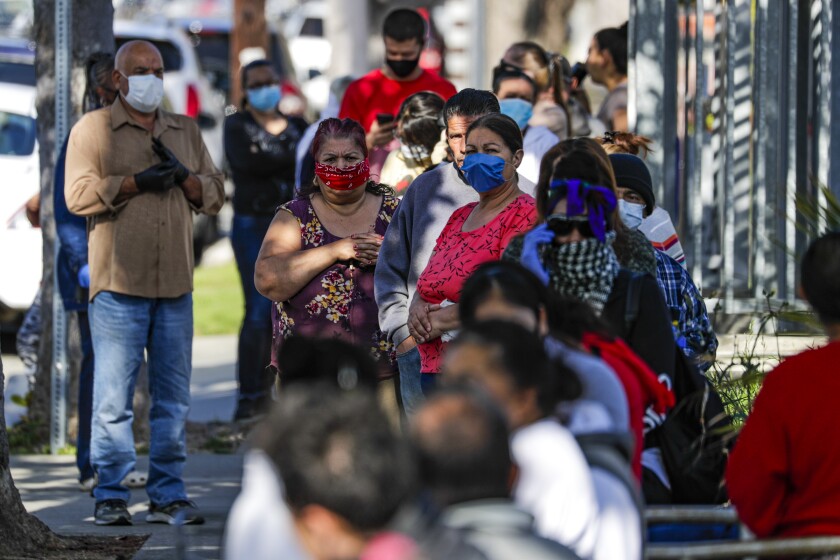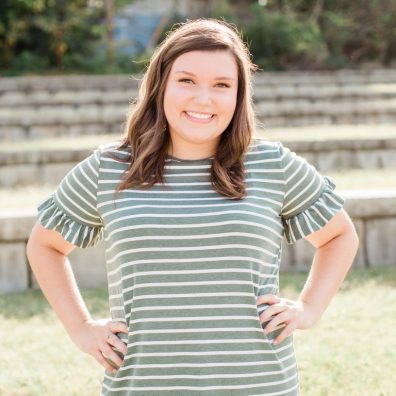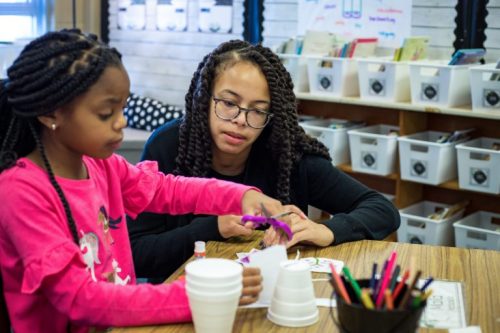UK College of Education Leading in the midst of COVID-19: Creating Opportunities for Newest Teachers | Cloaking Inequity
UK COLLEGE OF EDUCATION LEADING IN THE MIDST OF COVID-19: CREATING OPPORTUNITIES FOR NEWEST TEACHERS
Sydney Harper was on her final leg of student teaching when the semester was turned upside down. Kentucky schools, like most across the nation, were closing their doors to help slow the spread of the novel coronavirus.
“It didn’t seem real. I kept telling myself that we’d be back in no time, that this wasn’t going to last that long,” said Harper, a senior STEM education-mathematics major.
In early March, faculty at the University of Kentucky College of Education were called into emergency meetings. Students in the midst of required field experiences, such as student teaching, could be left in limbo if schools shuttered indefinitely. The novel coronavirus still felt like a distant threat, but faculty quickly created back-up plans, just in case.
As the reality of the situation set in and closings were announced, Harper was only slightly stressed about completing her requirements to graduate. She knew professors would walk students through the uncharted territory. More worrisome to Harper was the possibility of not seeing her students again.
“I’ve become so attached to them and couldn’t fathom potentially not seeing them for a long period of time, or not at all,” she said.
Learning by doing is an important aspect of teacher training. Like all education majors at UK, Harper had a variety of field experiences in schools. Prior to student teaching at Woodford County High School, she had stints at Southern Middle School (8th grade mathematics), Frederick Douglass High School (freshman mathematics), Lafayette High School (Algebra 2 and 3), and Tates Creek High School (Calculus 1 AB).
Gertie Sercus, who is in the Master of Arts in Teaching Secondary STEM Education program, said texting and using Facetime is helping the five student teachers in their cohort keep up with each other and their professor, Lisa Amick. They have become close, she said, and lean on each other often, especially now.
“We keep in contact multiple times a day,” Sercus said. “We talk about how much we miss each other and miss our students.”
Pivoting to Non-Traditional Instruction
Gabrielle Lonnemann is student teaching at Fayette County’s Picadome Elementary in a K-3 special education setting for students with learning and behavior disorders.
The school has now been closed for weeks, but UK student teachers are partnering with their mentor teachers, called cooperating teachers, to keep instruction going for students through Kentucky’s non-traditional instruction program.
Lonnemann works with her cooperating teacher through text, email, Google Drive, YouTube, Zoom, and Google Meet. They have developed materials to send in packets to students and have recorded videos with instructions. They meet online with the students and other Picadome faculty.
“There is no better feeling than seeing those little faces on the screen and knowing that the materials you developed are being used to help your students learn and stay connected,” Lonnemann said. “It is also awesome to see how much fun they are having exploring the technology they are using. When my cooperating teacher and I met with a student the other day, he thought it was funny to see his face through the computer screen and that he was doing homework in his pajamas.”
Channon Horn, a special education clinical associate professor, said although teaching remotely has its challenges, it provides students with valuable opportunities to demonstrate their ability to differentiate instruction using various forms of technology. They are taking whatever resources are available and developing instruction aligned with the individual needs of their students.
“Special education teacher candidates have been trained to be flexible and accommodating,” Horn said. “The pandemic has provided an abundance of evidence that they can do both effectively and efficiently.”
Elementary education major Jhana French is doing her student teaching at Wellington Elementary. She was surprised by the abrupt change to the semester but knows that quick pivots will be necessary as a teacher.
“Nothing can really prepare you for what we are doing right now during the pandemic,” she said. “But things are going to be thrown at you every day as a teacher, without you being prepared for it. It probably will not be to this extreme, but it’s good to practice being able to adapt in every situation. That’s what teaching is. It will make us stronger teachers.”



















